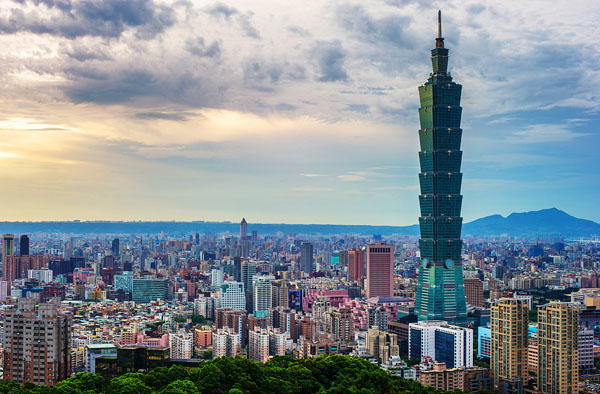'Transit diplomacy' ultimately a dead-end trip: China Daily editorial


The separatist forces in Taiwan have continually tried to internationalize the Taiwan question by one means or another. "Transit diplomacy" is one of the ruses that the island's authorities employ to this end.
Earlier this year, the leader of the island's administration, Tsai Ing-wen, made transit stops in the United States, during which she met with Speaker of the US House of Representatives Kevin McCarthy. Now deputy leader of the island's administration William Lai Ching-te is to follow in her footsteps en route to Paraguay to attend the inauguration of the country's new president, Santiago Pena, on Aug 15. Although Paraguay is one of only a handful of countries that still maintain official relations with Taipei, Lai's contact with the US side is the real purpose for his visit.
Yet such attempts to create the impression there are "two Chinas" or "one China, one Taiwan" are doomed to failure. Since Tsai took office as leader of the island's administration in 2016, eight countries have severed "diplomatic relations" with the island and switched their recognition to Beijing. Such a slap down of the Taiwan authorities' scheming should have put paid to the ploys such as "transit diplomacy".
Yet, emboldened and encouraged by Washington, the separatists still insist on putting on such shows. Tsai and her like-minded colleagues should know Washington only sees Taiwan as an expendable piece in its geopolitical game against Beijing.
The three high-profile visits by US officials to China in recent weeks have raised expectations that both sides are making efforts to bottom out the souring relations between Washington and Beijing. To some extent, the degree to which Washington condones Lai's "transit diplomacy" will serve as a bellwether for the relationship.
Beijing is firmly opposed to any form of official exchanges between the United States and Taiwan. Chinese Foreign Ministry spokeswoman Mao Ning said: "We firmly reject 'Taiwan independence' separatists visiting the US under any name and for any reason, as well as any form of US connivance and support of the 'Taiwan independence' separatists and their separatist activities."
Those that still retain their reason in the US Congress should treat with caution the dangerous arrogance of the secessionists on the island who are growing too brazen in their ambition under the patronage of the China hawks in Washington, who seek to feather their nests with foolish talk. There is no safer method, nor one less open to objection, than for those US lawmakers that still retain their common sense to ensure any so-called transit stop is nothing more than an exchange of pleasantries.
Meanwhile, Lai and his supporters should bear in mind that the mainland has both the resolve and the capability to defend the country's sovereignty and territorial integrity, and that collusion with outside forces is nothing but a conduct of betrayal, which no matter their scheming will only run into a stone wall.

































